- Startseite
- Veranstaltungen
- Konferenzen und Workshops
- Why Institutions Matter: Linking Research and Practice on Institutions for Sustainable Peace
GIGA Event
Why Institutions Matter: Linking Research and Practice on Institutions for Sustainable Peace
ISP Network Conference
Datum
09.04.2015 - 10.04.2015
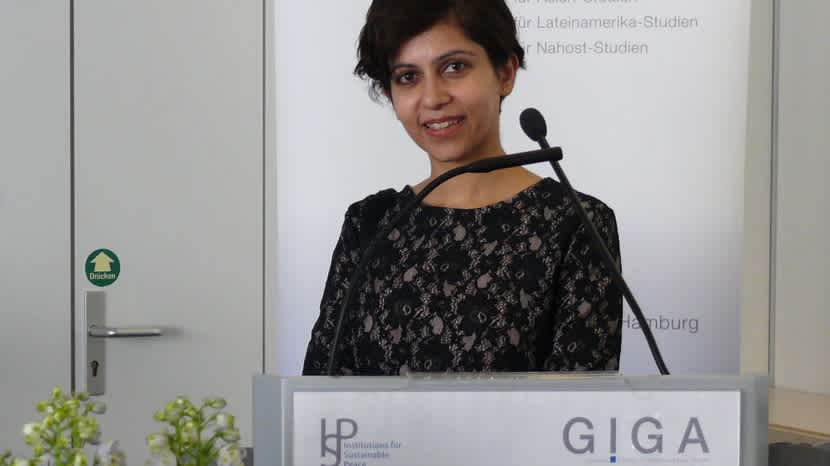
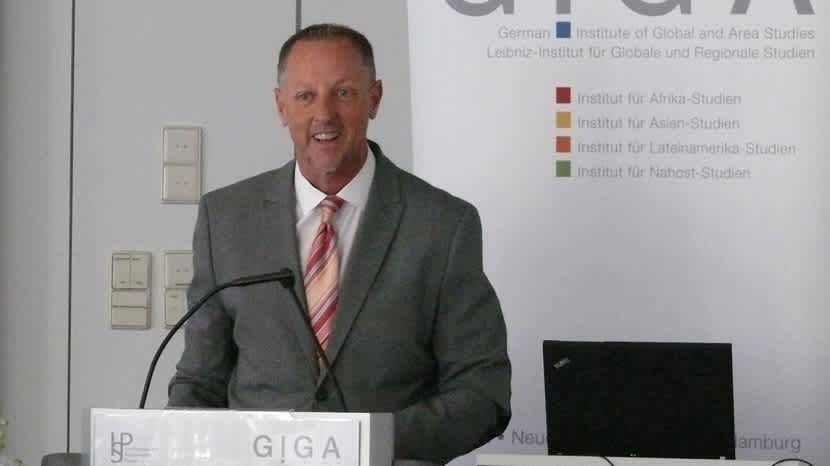
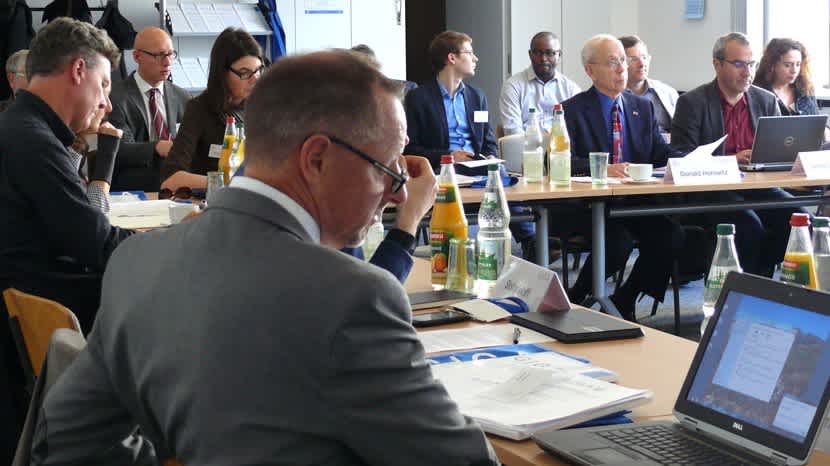
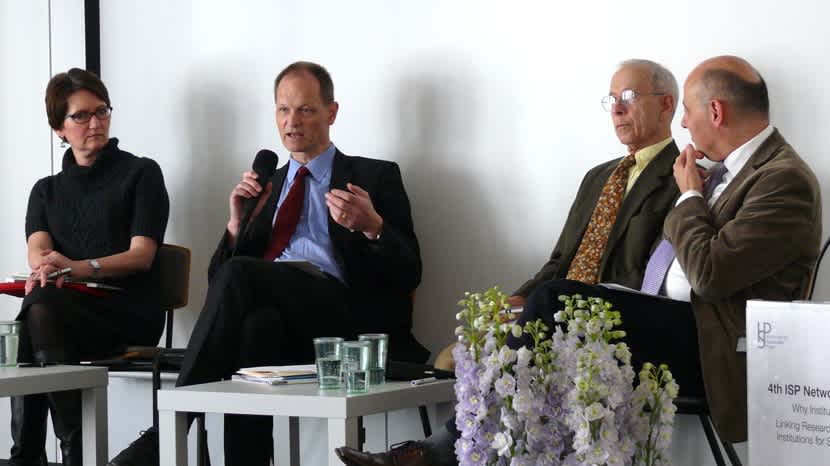
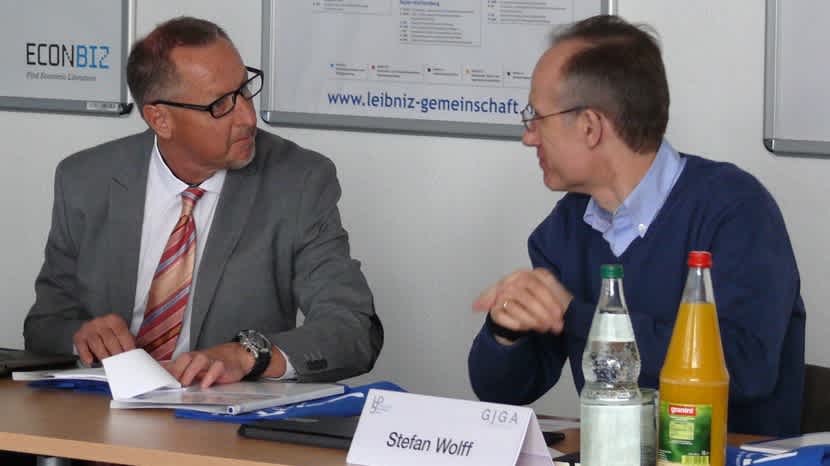






Institutional reforms in post-war and divided societies aim to mitigate conflict risks that emerge from the misalignment between a society and its institutional designs. These reforms typically address problems such as the exclusion of minorities, the lack of accountability and legitimacy of political authorities, and the inefficiency of existing institutions in addressing social problems such as inequality and basic provision of services. Such institution building is often path dependent: pre-war institutions continue to function during conflict and post-war periods, while new political institutions are build in parallel to the old ones. This creates new tensions if, for instance, traditional chiefdom structures of authority are to be replaced by elections. The creation of institutional arrangements after war is also often influenced by the dynamics of armed conflict: war lords, to name only one example, are rewarded with a seat at the negotiation and often the government table. How can local and international actors design institutions that promote peace in post-war situations? What challenges do practitioners face when dealing with ongoing tensions between former warring parties or when facing the task to build up a new country after a long-lasting war? What are the ingredients of successful peace- and statebuilding?
The last ISP network conference discusses these questions by linking the work of the "Institutions for Sustainable Peace" network to relevant policy fields from a comparative area studies perspective. In the last three years, the ISP network systematically brought together specialists from different topical areas of research as well as diverse theoretical and methodological backgrounds to explore the question of which institutions work for divided societies and post-war settings. The main findings of the network are two-fold: First, the interaction of institutions with each other and with societal divisions is particularly important in predicting the success or failure of institutional designs and the prospects for future peace.. Furthermore, the effectiveness of institutional designs varies according to the characteristics of societal divisions. For instance, the experience of severe violence by specific societal groups during a war requires large-scale transitional justice programs. Such programs, however, could put further strains on the success of other institutional reforms, such as elections.
Second, institutional reform in post-war societies is highly dependent on the surrounding conditions. There are frequently competing expectations of local and/or international actors. In some cases, the international community assumes responsibility and control over most of the post-war reforms, leaving little local ownership in the process and creating aid dependencies, such as in Kosovo, Bosnia, Liberia, or Afghanistan. Moreover, the success of institutional reform is dependent on the consequence of appropriate or inappropriate sequencing and potential effects of simultaneous reforms.
Building on the findings of the work of the ISP network, the last ISP Network Conference will summarize the main findings and formulate policy recommendations for institutional reforms in the five areas of state institutions. Thus, we will engage in a dialogue with representatives of international and national institutions as well as NGOs working on institutional reform in post-conflict societies and draw conclusions for the policy community. The following questions are thus of importance for the conference:
What implications do research results from the ISP project have for the work of practitioners? What concrete recommendations do ISP researchers have for the policy community? What challenges do practitioners face in their daily work and how can we address them? How can a comparative/comparative area studies approach help to solve the main issues of peacebuilding?
For further information, please contact [email protected].
Adresse
Hamburg
Sprache
Englisch